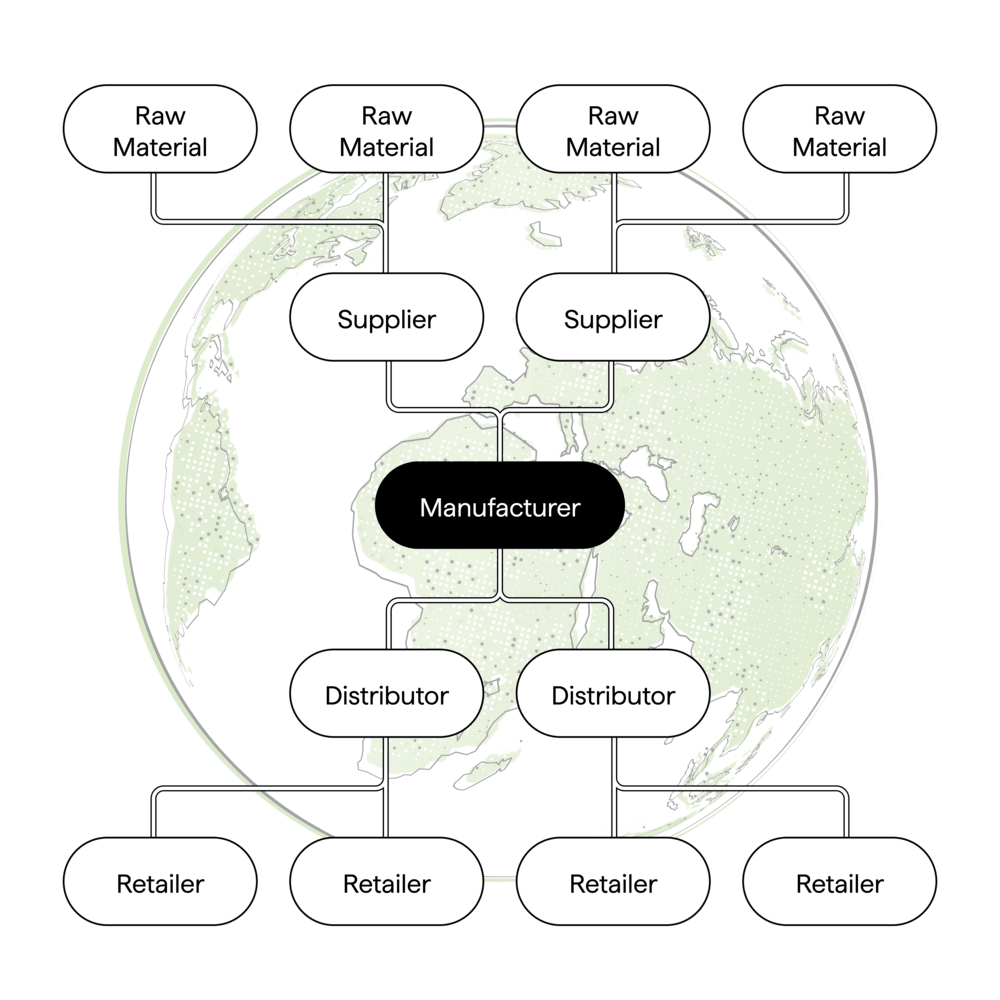
Founded to accelerate the transition to a sustainable society.
Founded to accelerate the transition to a sustainable society.

Metrics Drive Sustainable Transition
Urgent action is needed to combat climate change and its impacts. The increasing global temperatures, rising sea levels, and unpredictable weather patterns seen today are clear indicators of the ongoing climate crisis. If left unchecked, these changes could lead to devastating consequences for both human and natural systems.
Metrics enable us to measure environmental impact and identify improvement areas. They help set measurable goals for emission reduction and track progress. By monitoring energy use, waste, water consumption, and carbon footprints, we can adjust strategies towards sustainability goals and make informed decisions to combat climate change.
Assessing supply chain impact is crucial for success
The impact of any product or service can only be properly accessed by understanding the supply chains and resources involved. The measurement of impacts in the supply chain, is therefor of pivotal importance to mitigate climate change and the transition to a sustainable society.


Poor supply chain transparency impedes progress
Global supply chains suffer from a lack of transparency, complicating impact assessment. Even when Life Cycle Assessment (LCA) data is accessible, its utilisation can be difficult.
Generic LCA data frequently overlooks subtle improvements within specific supply chains. This lack of attention discourages organizations from investing in numerous minor innovations necessary for achieving net zero.
If these challenges aren't addressed, our efforts to reduce and mitigate climate change in a timely fashion are likely to fail.

ESG Metrics
ESG Metrics
The Metrics Matter Foundation aims to accelerate the adoption of reliable ESG metrics within supply chains.
We tackle these challenges through the following approaches:
1. Enhancing the accessibility and relevance of existing (scientific) data for organizations globally.
2. Backing initiatives that speed up the use of actual impact data, requiring the exchange of supply chain data on an unparalleled scale.
Our projects
The projects of the Metrics Matter Foundation have been inspired by effective altruism and aim to maximize counterfactual impact. The foundation aspires ‘multiplier effects’ by supporting other (nonprofit) initiative to increase their adoption and efficiency.